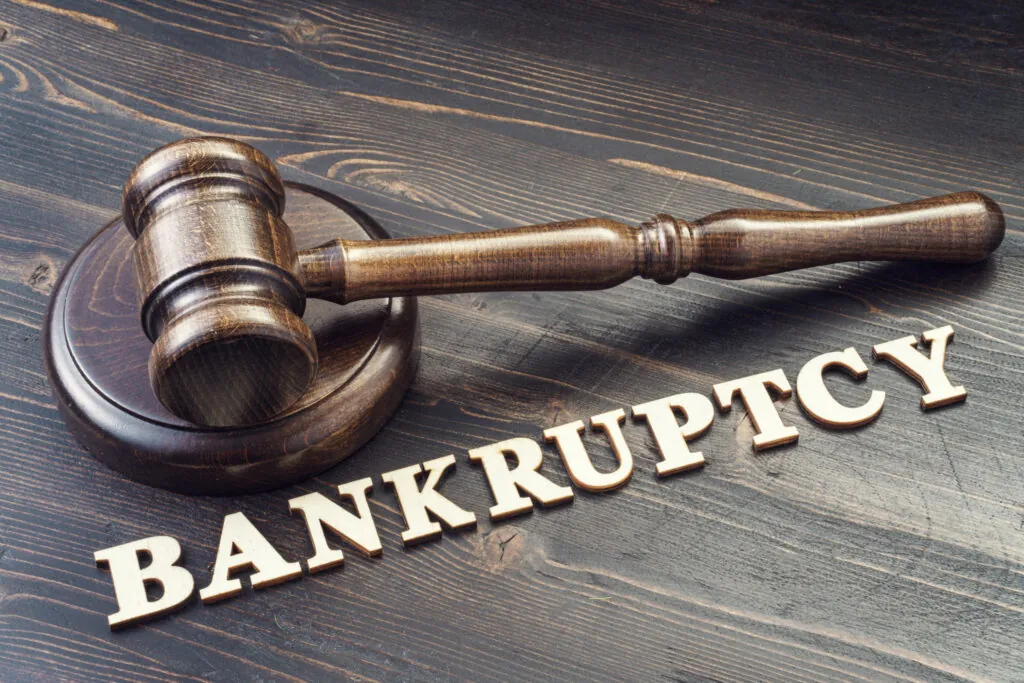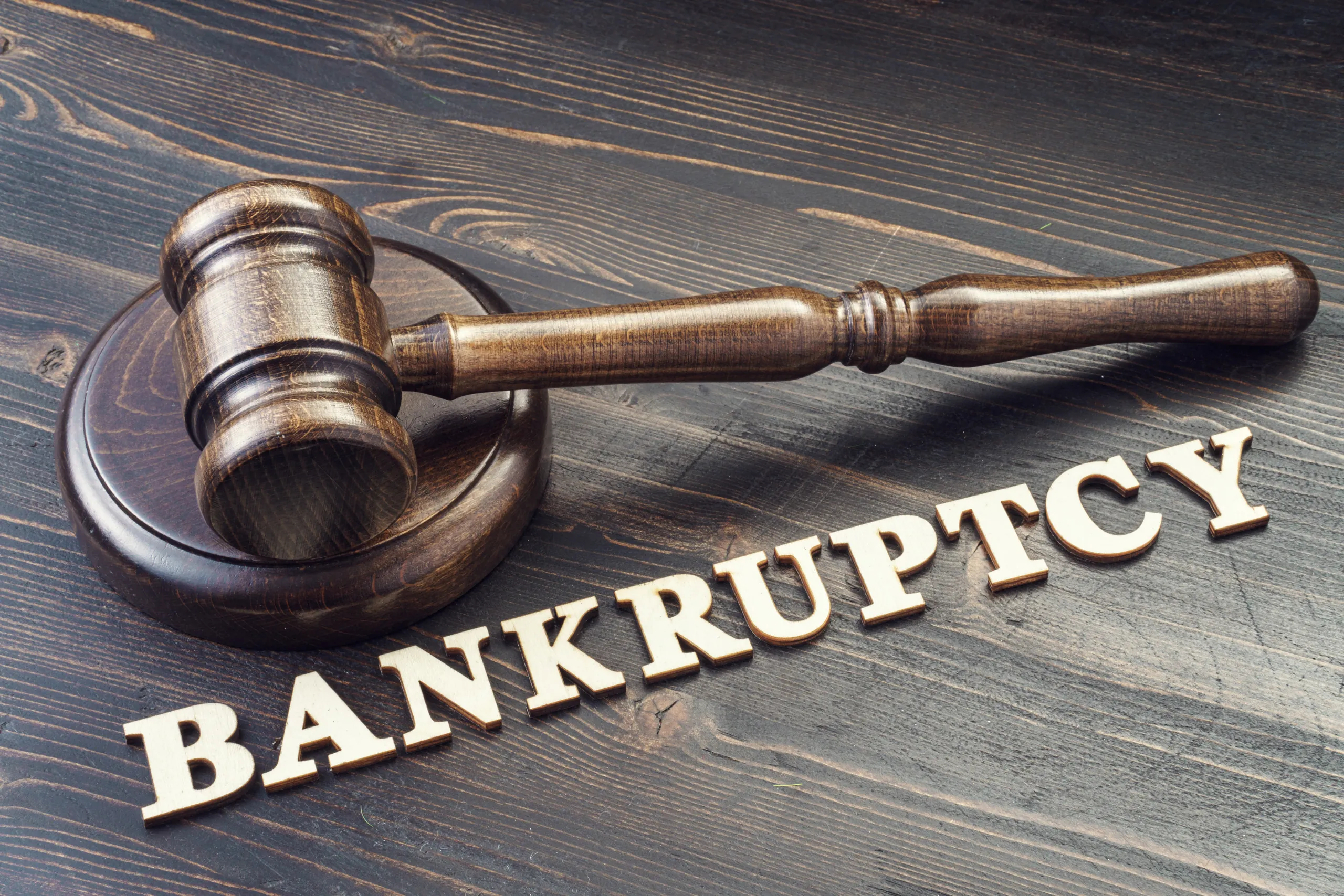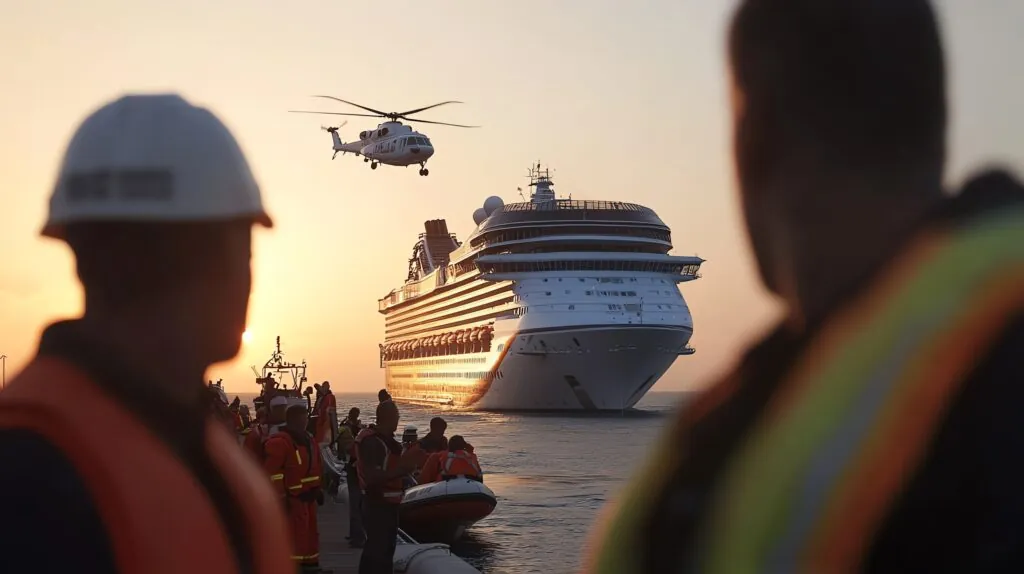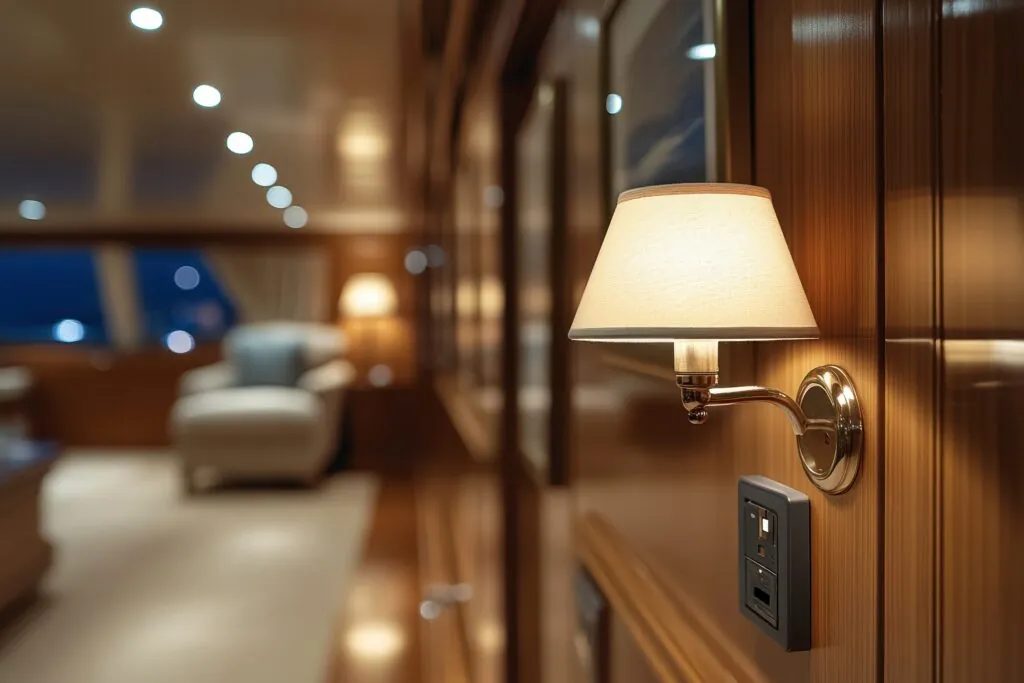Cruise Ship Bankruptcy: What Happens to Injury Claims?
Cruise passengers and crew don’t plan for injuries—let alone legal chaos after the fact. Yet some find themselves injured on a cruise, only to learn later that the company has filed for bankruptcy. This leaves many asking: Can I still file a claim? Will I get anything? Is my case over?

Your Legal Rights Still Exist—But the Process Changes
Filing for bankruptcy does not make a cruise line immune to liability. Instead, it changes the path to recovering compensation. Your personal injury claim now passes through the federal bankruptcy court system, where creditor rankings, asset liquidation, and reorganization plans govern who gets paid—and how much.
Why You Need a Maritime-Bankruptcy Specialist
Navigating these dual legal systems requires a law firm that understands both personal injury under maritime law and creditor rights under bankruptcy code. At The Cruise Injury Law Firm, that’s exactly what we do.
Understanding the Bankruptcy Process: What It Means for Injury Victims
The Two Main Types of Cruise Bankruptcy
Cruise lines typically file for bankruptcy under Chapter 7 (liquidation) or Chapter 11 (reorganization). Each one affects your ability to recover compensation in different ways.
Chapter 7: Liquidation and Asset Distribution
In a Chapter 7 filing, the cruise line shuts down permanently. Assets are sold, and funds are used to pay creditors in strict priority order. In this case, personal injury victims are usually treated as unsecured creditors, a category that often receives limited or no payment without legal intervention.
Chapter 11: Reorganization and Ongoing Operations
With a Chapter 11 filing, the company continues to operate under court supervision while reorganizing its debt. A reorganization plan determines how creditors are paid. Injury claims may be included in that plan, giving you the opportunity to recover some or all of your damages.
The Importance of Timing in Bankruptcy Cases
There are strict filing deadlines in all bankruptcy proceedings. If you don’t act quickly—by filing a proof of claim or moving to lift the bankruptcy stay—your right to compensation may be permanently forfeited.
How The Cruise Injury Law Firm Helps You
We Do More Than File Claims—We Strategize for Maximum Recovery
At The Cruise Injury Law Firm, we do far more than submit paperwork. We create a legal strategy tailored to your case. This includes:
- Evaluating whether your injury occurred before or after the bankruptcy filing
- Filing formal claims in bankruptcy court
- Negotiating directly with trustees or cruise line insurance carriers
- Working to elevate your claim to a higher priority status
- Petitioning the court to lift the automatic stay if needed
- Exploring maritime lien eligibility or Jones Act protections
Our Firm’s Niche Focus Delivers Results
Unlike general injury firms, we concentrate exclusively on cruise ship cases. Our attorneys have a unique combination of maritime law experience, cruise industry knowledge, and bankruptcy litigation skills that few firms in the U.S. can match.
Your Rights as an Injured Cruise Passenger
Legal Protections Still Apply—Even During Bankruptcy
Passengers injured on a cruise ship are protected under general maritime law. If the cruise line’s negligence caused your injury, you may be entitled to compensation for:
- Unsafe premises (like wet decks or broken handrails)
- Medical malpractice or delayed medical care
- Failure to warn or evacuate during emergencies
- Negligent crew conduct
These claims remain valid, even if the company goes bankrupt. What changes is how and where the claim must be pursued.
Your Rights as an Injured Crew Member
The Jones Act Offers Special Protections
If you were injured while working aboard a cruise ship, your case may fall under the Jones Act. This federal law gives crew members the right to sue for:
- Unsafe working conditions
- Negligent supervision
- Equipment failures
- Medical neglect
Bankruptcy Does Not Eliminate Jones Act Obligations
Crew injury claims under the Jones Act may be eligible for priority classification in bankruptcy, especially when connected to unpaid wages or denied medical care. Our firm helps crew members protect these rights and collect the full compensation they’re owed.
Where Injury Claims Rank in Bankruptcy Court
Most Injury Victims Start as Unsecured Creditors
In bankruptcy, creditors are paid in a strict order. Unsecured creditors, which includes most injury victims, are typically last in line. Without advocacy, your claim may be minimized—or ignored entirely.
How We Help Improve Your Claim’s Status
We take steps to elevate your claim’s priority, including:
- Asserting maritime liens to convert unsecured claims into secured claims
- Establishing priority wage claims for crew members
- Locating and securing payment through insurance policies
- Joining creditor committees that influence payout terms
Our goal is to avoid the default classification and advocate aggressively for your legal standing.
Can I Still File or Continue a Lawsuit After Bankruptcy?
The Automatic Stay Explained
When a company files for bankruptcy, it triggers an automatic stay, which pauses most lawsuits and prevents new ones from being filed. This includes injury claims—unless the court grants permission.
We Can Petition to Lift the Stay
Our firm regularly files motions to lift the stay in personal injury cases, especially when an insurance policy is still in place. Courts often allow these cases to proceed so long as the compensation would not impact the company’s remaining assets.
We also assist in converting existing lawsuits into valid claims within the bankruptcy system if needed.
What Compensation Can You Recover?
Economic Damages
You may recover full reimbursement for past and future medical expenses, hospital bills, surgeries, rehabilitation, and out-of-pocket travel or evacuation costs. If your injury affects your ability to work, you may also recover lost wages and loss of earning capacity.
Non-Economic Damages
You are also entitled to seek damages for pain and suffering, emotional distress, loss of enjoyment of life, and long-term disability or disfigurement. These are vital components of fair compensation—especially for life-altering injuries.
Maritime and Jones Act Damages
Crew members may receive maintenance and cure, unearned wages, and even punitive damages if the cruise line acted recklessly or refused proper treatment. Our attorneys identify and pursue every potential source of compensation available.
A Client Success Story: Holding a Bankrupt Cruise Line Accountable
A retired passenger came to us after suffering a back injury from a fall on a poorly lit staircase aboard a major cruise line. Just two weeks later, the company filed for Chapter 11 bankruptcy. Other firms declined her case.
We filed a detailed injury claim, secured access to the company’s insurance policy, and negotiated her inclusion in the bankruptcy reorganization plan. The result: a substantial settlement funded by both insurance and the court-approved restructuring—proving that bankruptcy doesn’t mean justice is out of reach.
Why You Should Act Now
Delay Could Cost You Your Entire Claim
Bankruptcy courts enforce strict claim deadlines, often just weeks after filing. If you miss the window to file, you may lose the right to compensation forever—even for a valid injury.
Let Us Handle the Complexity
With overlapping federal laws, conflicting jurisdictions, and intense procedural demands, these cases are among the most difficult in personal injury law. We take that burden off your shoulders. From investigation to filing to recovery, The Cruise Injury Law Firm handles everything so you can focus on healing.
Frequently Asked Questions
Can I still pursue an injury claim if the cruise line went bankrupt?
Yes, you can. A cruise line filing for bankruptcy does not eliminate your legal right to pursue a personal injury claim. However, the way your claim is processed changes significantly. Instead of suing in a traditional court, your claim typically becomes part of the bankruptcy proceeding. That means you must file your claim with the bankruptcy court, and your ability to recover compensation will depend on how your claim is categorized, the financial status of the company, and whether insurance coverage is still available. An attorney experienced in both maritime law and bankruptcy is essential to guide this process.
What happens to my lawsuit if the cruise company files for Chapter 11 during my case?
When a company files for Chapter 11, all pending lawsuits, including personal injury cases, are paused due to a legal protection called the automatic stay. However, that does not mean your case is over. You or your attorney must request permission from the bankruptcy court to continue pursuing your lawsuit, particularly if there is an active insurance policy that can fund your settlement or judgment. In many cases, courts allow injury cases to proceed, especially when they do not directly impact the bankrupt company’s remaining assets.
Will I receive compensation if my claim is categorized as “unsecured”?
If your claim is classified as an unsecured debt, it may be more difficult to recover full compensation, especially if the company has limited assets left after paying higher-priority creditors. However, there are strategies to improve your chances. Injury claims may be elevated in priority if they meet certain legal criteria. Maritime liens, insurance policies, or the classification of your case as a priority wage or Jones Act claim can move you ahead in the payout structure. Our firm explores every avenue to strengthen your claim’s position.
What if I was injured but haven’t filed a claim yet, and the cruise line is already in bankruptcy?
You must act quickly. Bankruptcy courts establish strict deadlines for filing claims, known as “bar dates.” If you miss this deadline, you may lose your right to seek any compensation. Even if your injury happened before the bankruptcy was filed, you are still eligible to make a claim, but only if you follow the correct process. We help clients gather medical records, incident reports, and all necessary documentation to file a timely and compelling claim before the deadline expires.
Is there a difference in how crew members and passengers are treated in bankruptcy claims?
Yes, there is a significant difference. Passengers are typically treated as general unsecured creditors unless a maritime lien or other priority argument is successfully made. Crew members, on the other hand, often qualify for higher priority status under the Jones Act and related maritime employment laws. Their claims may be considered wage-related, which can place them above other unsecured creditors in the order of payment. Our firm understands how to apply the correct legal framework for both groups to maximize potential compensation.
Contact The Cruise Injury Law Firm Today
If you or a loved one was injured on a cruise and the cruise line has filed—or is expected to file—for bankruptcy, now is the time to act. The longer you wait, the harder it becomes to preserve your claim and pursue compensation.
Contact us today for a confidential consultation. We’ll assess your case, explain your options, and begin the legal process of recovering what you’re owed.
The Cruise Injury Law Firm is here to help you navigate turbulent legal waters. Just because the cruise line went under doesn’t mean your claim has to sink with it.






